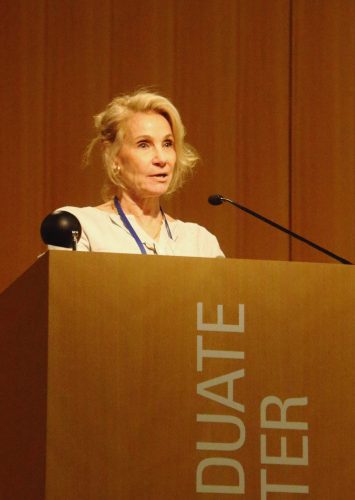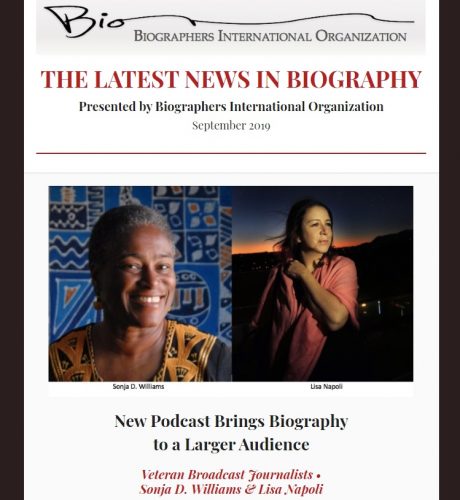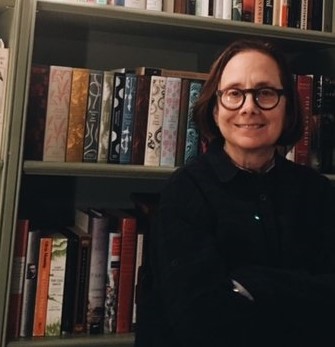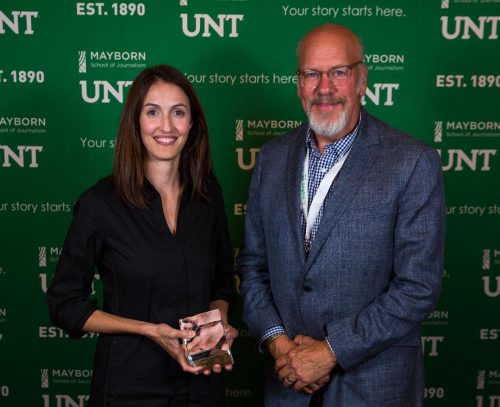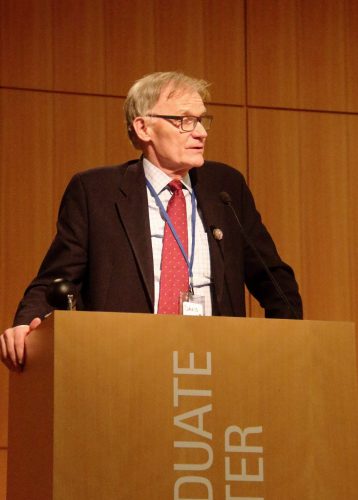 He could be seen among gatherings of biographers wherever we meet: at festivals and symposia, on prize committees, at literary parties, leading panels of his distinguished friends in explorations of their craft, gallantly introducing new biographers to colleagues and readers with a keen and generous word of praise. His standards were old fashioned, unusually high, and deeply literary, and his praise will be remembered and cherished by the unknowable number of lucky ones who received it and found in it new resources of stimulation and perseverance.
He could be seen among gatherings of biographers wherever we meet: at festivals and symposia, on prize committees, at literary parties, leading panels of his distinguished friends in explorations of their craft, gallantly introducing new biographers to colleagues and readers with a keen and generous word of praise. His standards were old fashioned, unusually high, and deeply literary, and his praise will be remembered and cherished by the unknowable number of lucky ones who received it and found in it new resources of stimulation and perseverance.
His own perseverance was legendary. James Atlas, who died of a rare chronic lung disease on September 4, at the age of 70, published two biographies, each the first on its subject. Delmore Schwartz: The Life of an American Poet appeared in 1977, when Jim was 28, and was a finalist for the National Book Award. He had begun to conceive it on a winter’s afternoon six years earlier at the Bodleian Library when, as a Rhodes Scholar studying under the great James Joyce biographer Richard Ellman at Oxford, he set aside Finnegan’s Wake and asked the librarian to bring him Delmore’s poems and stories, and then sat “marveling at the way [Delmore] managed to transform the idiom of immigrant Jews into the formal, echoic language of the English literary tradition.”
Later, at the Beinecke Library at Yale, he got his first look at Delmore’s papers, including a letter to the 25-year-old poet (“the exact age I was at this moment”) from T. S. Eliot. Speaking for every electrified biographer with an archival box before him, Jim wrote, “I felt like Keats in his poem about discovering Chapman’s translation of Homer, ‘some watcher of the skies / When a new planet swims into his ken.’ I was there with the young poet, tearing open the envelope with eager hands, tipped off to the identity of its author by the return address, scanning it quickly, breathing hard as he came to the sentence about his poems, then setting the letter down gently on his desk and smoothing it out to read again and—or so I imagined—again and again and again. T. S. Eliot! ”
Bellow: A Biography , the work of 10 years, appeared 23 years after Delmore . Stalled and stymied at times by Bellow—by the famous novelist’s cat-and-mouse game of beckoning the biographer and then slyly rebuffing him—Jim took time to cofound and edit the celebrated Penguin Lives series, perhaps the best compendium of short biographies ever published, by superb writers of every description on subjects they were drawn to, including R. W. B. Lewis on Dante and Mary Gordon on Joan of Arc. Wildly successful, the series continued to appear, later produced by Jim’s firm Atlas & Company and published by Norton, HarperCollins, and Houghton Mifflin. Bellow was wildly successful, too, at first—and then less so. In his brilliantly candid book about biography, A Shadow in the Garden (Bellow’s phrase for the biographer), Jim recalled reading the first, seemingly spectacular review of his book, by John Leonard in The New York Times Book Review : “It occupied two whole pages within [the Review ] and showed, as always with Leonard, a tremendous depth of learning, casually displayed.” And yet “a phrase from Leonard’s review—‘wary disapproval’—should have put me on alert; he was describing my general attitude toward my subject. Then there was this arresting sentence toward the end, after an ecstatic riff on his love of Bellow’s prose: ‘Atlas must have felt the same way before he began this long journey into knowing too much.’ Yes, I thought: If only I could have preserved that innocence of early discovery.” Soon “it all blew up. Flames of rage engulfed my book.” Read now, the book is scintillating, meticulous, personable, mostly judicious, and a model of turning every page and tracking every breathing witness to a subject’s life.
He wrote and published other books, including an early novel, The Great Pretender , which biographer and critic Phyllis Rose has recently urged everyone to read, or read again, and two memoirs, My Life in the Middle Ages and The Shadow in the Garden: A Biographers Tale , a practitioner’s droll and learned history of our craft and his adventures in it.
He joined BIO early and gave it his all, as he did with every worthy literary enterprise. He knew everyone and had an ineffable glamour, gifts he deployed to help BIO thrive—adroitly matchmaking on panels and committees, advising on recipients of prizes, conceiving and inspiring an international BIO conference at the University of Groningen in 2018, and acting as the impresario of a series of fundraising dinners called the Biographers Circle, the first one of which took place last week, at the home of Gayfryd Steinberg and Michael Shnayerson in New York. He couldn’t be there, not in body, but the elegant shadow of this diminutive but soaring figure of literary writer, esteemed editor, unstinting mentor, hilarious friend, and honorable combatant in the struggle to tell the story truly and well was palpable and, we trust, won’t ever be forgotten.
Anne Heller is the author of Ayn Rand and the World She Made and Hannah Arendt: A Life in Dark Times, which was commissioned and edited by James Atlas and published by Houghton Mifflin in 2015.

